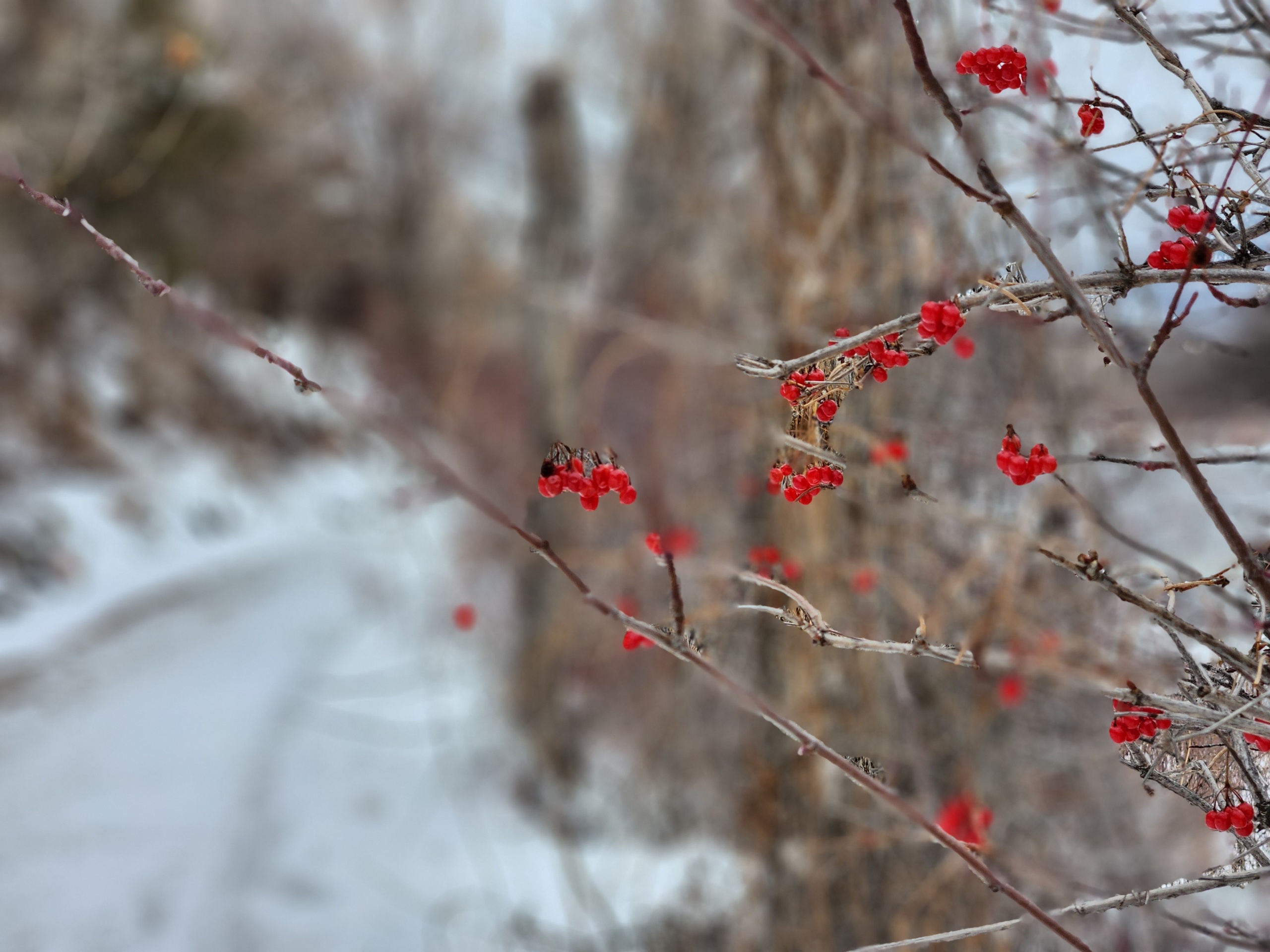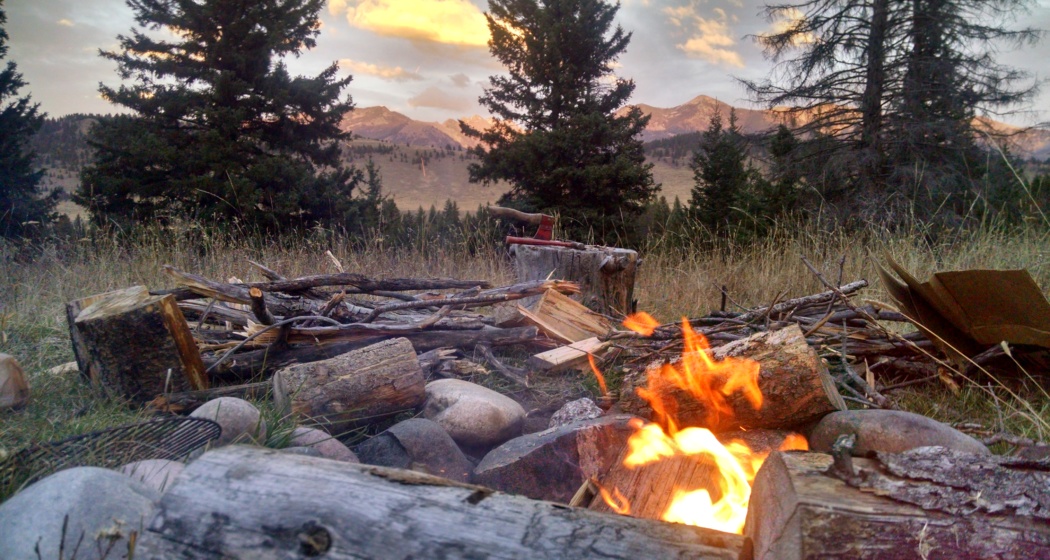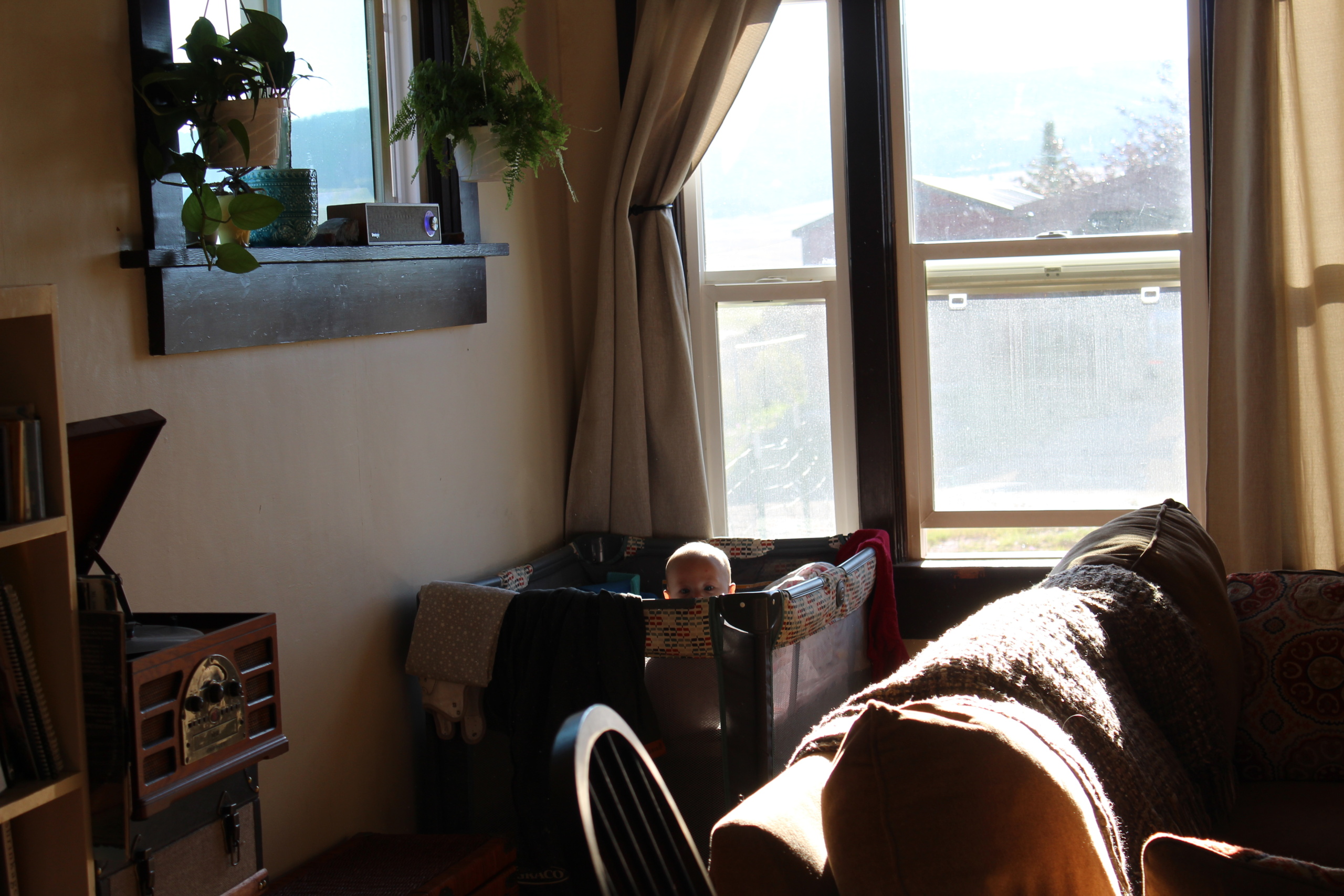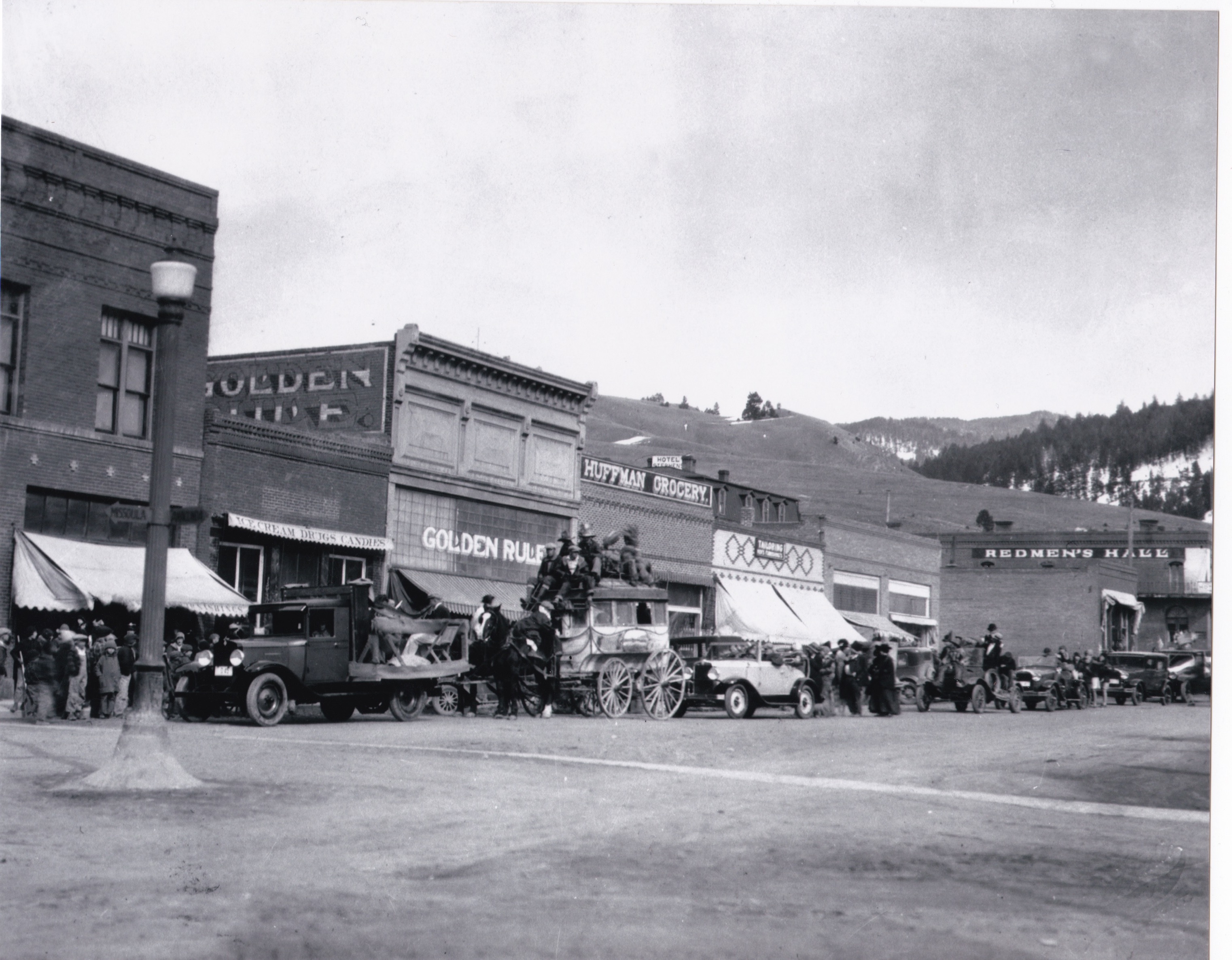Many years ago Dick Geary told me that I’d always have a horse when I wanted to take an afternoon off and go for a ride.
Dick and I never met in person. We communicated through weekly check-in emails and our columns. Both of us were bound to Montana – Dick was born into a Helmville ranching family; I had married a fly-fishing guide – but we each had a place in the world we held on to and wrote about frequently; a place that had shaped us as youth. For me, it was New Zealand. For Dick, it was Belize. We each had a boot in a land that still gripped us, and maybe that was why we connected here, through our writing, both of us a little bit restless and lonesome.
I missed being on a horse. I almost felt like it was pointless being in Montana if I wasn’t riding my own, or someone else’s, I emailed him one Sunday evening, when I was sifting through my inbox, trying to prepare for the coming week.
Well, he wrote back, there’s one here for you when you have time.
When I looked at my calendar, time was something I didn’t have a lot of.
A month later, Dick was haying. Pretty soon the first snow had fallen. And it just went on like that, a ride in Helmville with Dick, talking about Belize and New Zealand, ranching and writing, always pushed back to another month, then another season. I got pregnant. I left the newspaper. I was consumed by motherhood, then a winter move to New Zealand with an infant. Covid arrived just as we returned in March 2020 and my world became even more still, more insular. I couldn’t read the news anymore. I waited out another pregnancy until our second daughter arrived. It was in the first few weeks of Eliza’s birth that I was up in the early hours of the morning, that I thought of Dick. Maybe it was the relief of feeling like I was just starting to piece parts of myself back together again, or maybe it was the false spring warmth of March, but I was ready for that ride.
It had been years by then, since an email had gone out between us. I couldn’t remember the last time I had read his column. Maybe that alone made me hesitate before writing to the paper and asking for his contact info. Instead, I wrote his name in a search engine. It confirmed my hesitation. Dick had passed away, more than a year before.
I’ve spent a lot of time in the rocking chair by our front lounge window, rocking both our girls, at all hours, from infancy and into toddlerdom. It’s the best place to watch the first light in the sky at the start of the day, and to watch the sun disappear over the hills. I can’t help but think big thoughts when I’m there, one of my two life miracles on my chest, a cheek squashed into my skin, the rise and fall of their breath matching mine.
I don’t think I walk around with a lot of regrets. But if you were to ask me if there was anything I do regret in my life, without hesitation, I would say not taking Dick up on his offer of a horse to ride on a summer afternoon would be it.
It’s not a regret that hangs heavy over me. It’s more of a reminder that life is short and the months, summers, seasons, years, go by so fast. One day I’ll long for the years of rocking a baby at 4 a.m.
Next time I’m asked, I’m going to clear the calendar.
I’m going for that ride.
Regrets



